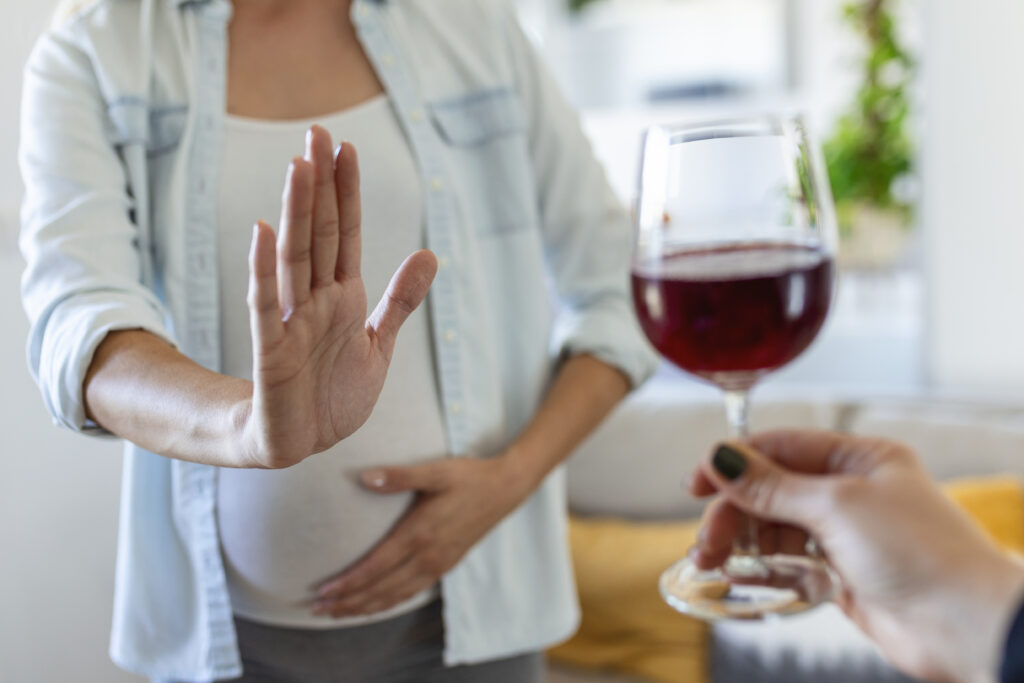Table of Contents:
- Introduction
- The Link Between Alcohol Consumption and Breast Cancer
- Understanding the Mechanisms
- Hormonal Disruption
- DNA Damage
- Oxidative Stress
- Quantity and Patterns: Dose-Response Relationship
- Moderation and Mitigation: Reducing Risks
- Lifestyle Modifications
- Screening and Early Detection
- The Role of Genetics
- Conclusion

Introduction:
Breast cancer, a significant health concern for women worldwide, has been the subject of intensive research for decades. While genetics, hormonal factors, and lifestyle play crucial roles in its development, emerging evidence has illuminated a potential link between alcohol consumption and breast cancer. This article aims to explore the intricate relationship between these two factors, shedding light on the mechanisms behind this association and offering insights into risk reduction strategies.
1. The Link Between Alcohol Consumption and Breast Cancer:
Recent studies have indicated a noteworthy connection between alcohol consumption and an increased risk of breast cancer. Research conducted across diverse populations and ethnicities has consistently shown that higher alcohol intake is associated with an elevated risk of developing breast cancer.
2. Understanding the Mechanisms:
Several mechanisms have been proposed to explain the correlation between alcohol consumption and breast cancer:
- Hormonal Disruption: Alcohol consumption can disrupt hormonal balance in the body, leading to increased levels of estrogen. Elevated estrogen levels have been linked to the growth and progression of hormone-sensitive breast tumors.
- DNA Damage: Alcohol metabolism generates harmful byproducts that can damage DNA and impair its repair mechanisms. This DNA damage may contribute to the initiation and progression of cancerous cells.
- Oxidative Stress: Alcohol consumption contributes to oxidative stress, an imbalance between the body’s production of harmful free radicals and its ability to neutralize them. Oxidative stress can promote inflammation and cell damage, potentially increasing the risk of cancer.
3. Quantity and Patterns: Dose-Response Relationship:
Research suggests that the risk of breast cancer is influenced by the quantity and frequency of alcohol consumption. A dose-response relationship has been observed, with higher levels of alcohol consumption correlating with an elevated risk of breast cancer. Even moderate alcohol intake has been associated with increased risks.
4. Moderation and Mitigation: Reducing Risks:
While complete avoidance of alcohol consumption may be challenging for some individuals, adopting certain strategies can help mitigate the associated risks:
- Lifestyle Modifications: Limiting alcohol intake and adopting a healthier lifestyle, including a balanced diet and regular exercise, can help reduce the risk of breast cancer.
- Screening and Early Detection: Regular breast cancer screening and self-examinations can facilitate early detection and timely intervention, improving the chances of successful treatment.
5. The Role of Genetics:
Genetic factors also contribute to an individual’s susceptibility to breast cancer. While alcohol consumption can increase risk, its impact may be further influenced by genetic predispositions. Research is ongoing to unravel the complex interplay between genetics, alcohol, and breast cancer.
6. Conclusion:
The link between alcohol consumption and breast cancer is a complex and multifaceted topic. While the exact mechanisms remain under investigation, evidence suggests that reducing alcohol intake and adopting a healthier lifestyle can contribute to risk reduction. Ultimately, understanding the nuances of this relationship empowers individuals to make informed choices about their alcohol consumption and overall health.
In summary, the association between alcohol consumption and breast cancer underscores the importance of holistic approaches to health, encompassing lifestyle modifications, genetic awareness, and early detection strategies. As research advances, continued efforts to raise awareness and promote healthier habits are crucial in the global fight against breast cancer.
